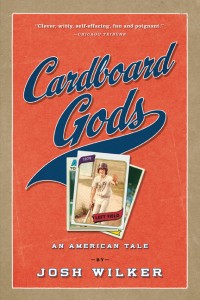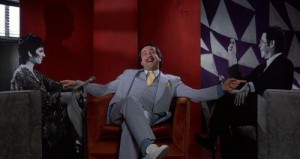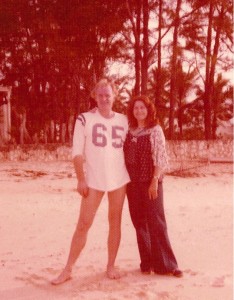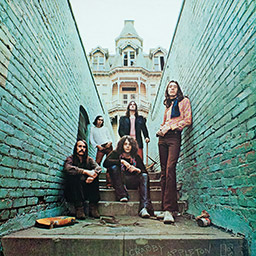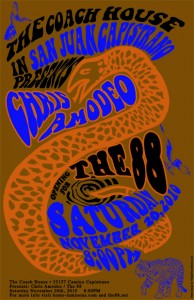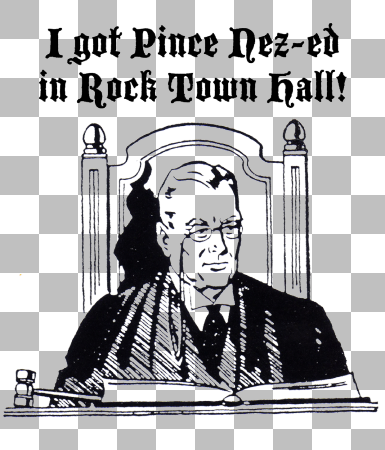
The Rock Town Hall Mailbag has been left unattended for too long, but following are a few messages of particular interest.
Josh Wilker, author of Cardboard Gods, who recently took time to chat with us about baseball cards and rock ‘n roll, took to heart a Townsperson’s subsequent pince nez regarding a reference to “the first album by the Band” when Wilker obviously meant to refer to their second album! He wrote me offlist and asked that I share his mea culpa.
Man, I cannot believe I referred in the interview to the Band’s second album as “the first album by the Band.” I deserve to be, to quote a line from the actual first album, “tarred and feathered.” It is a deeply troubling comment on my frazzled mental state and deteriorating cognitive faculties that I would make this mistake. I don’t know why it happened. I must be turning much sooner than scheduled into a version of my beloved grandfather near his end, when he walked into rooms carrying his oxygen tank and, with widening eyes, said, “Now, damnit, why in the Sam Hill did I come in here?” I am a huge fan of The Band, who have been an intimate part of my life since even before I collected baseball cards. I’ve leaned on their music all my life, read whatever I can get my hands on about them (“Across the Great Divide” and “This Wheel’s on Fire” and “Invisible Republic”), had the luck to see Garth Hudson play at the Bottom Line, detoured on a rare trip back east to try to see Levon in his Midnight Ramble (it got cancelled at the last minute, unfortunately), blah blah blah—and now I realize I’m sounding even more like some blowhard poser trying to defend his legitimacy. Fuck! It is as if I misspelled Yastrzemski. I can’t believe I did that. I may need to go away for awhile to “rest.” If you see fit to share this moaning with the Rock Town Hall community, that’d be okay with me—maybe it’d even convince a fellow Band fan or two that I’m a fumbling dolt rather than a dispassionately superficial douche.
Anyway, thanks for listening, and thanks again for the interview!
– Josh
Don’t sweat it, Josh. This happens to the most obsessive of us. You are a better man for this experience.
Townsman chergeuvara sent in the following links for my enjoyment and education. These may be of interest to you, as well, but caution punk rockers: some myths are about to be exploded. Continue reading »


